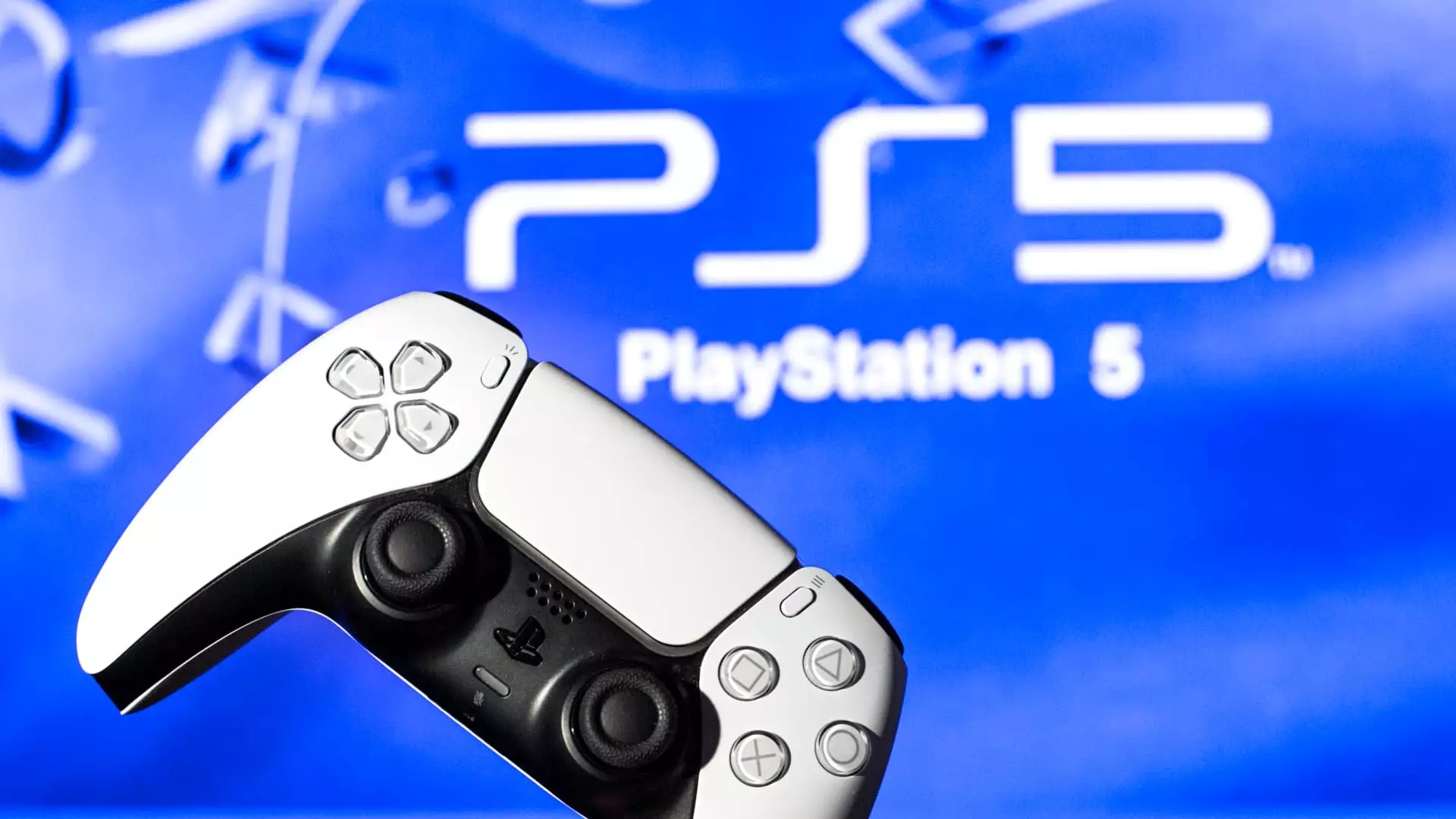On Friday, Sony Corporation announced an upward revision of its sales guidance for the fiscal year, driven by impressive performance in its gaming segment. The company’s operating profit significantly outperformed analyst expectations, with a remarkable 73% year-over-year increase. For the September quarter, Sony reported revenue of 2.97 trillion Japanese yen (approximately $19.4 billion), a 9% improvement compared to the same period last year. However, it fell slightly short of the anticipated 3.03 trillion yen, raising questions about the sustainability of its growth trajectory in a competitive landscape.
Notably, the operating profit hit 455.1 billion yen, surpassing analyst forecasts of 336.07 billion yen. This positive outcome emphasizes the resilience of Sony’s business model, particularly in its game and network services division, which plays a crucial role in the company’s overall revenue generation.
In the light of recent successes, Sony has adjusted its revenue target for the fiscal year 2025 to 12.7 trillion yen, marginally up from the previous estimate of 12.6 trillion yen. While the operating profit forecast remains steady at 1.3 trillion yen, this revised outlook reflects confidence in their business strategy and market positioning. The uptick in revenue was largely fueled by the gaming segment, where game and network services revenue reached 1 trillion yen, representing a robust 12% increase from the prior year.
Sony’s gaming division has demonstrated strong resilience, driven by a shift toward digital purchases and the increasing popularity of subscription services like PlayStation Plus. Despite facing challenges in hardware sales due to a stagnating console market and a lack of blockbuster titles, the overall business performance within the gaming sector remains optimistic.
Despite Sony’s gaming segment flourishing in terms of software sales, hardware shipments for the PlayStation 5 (PS5) faced a notable decline. The company sold 3.8 million PS5 units during the September quarter, a 22% drop year-over-year. This decline is indicative of a broader challenge in the console market, which has been hampered by the absence of highly anticipated triple-A titles that usually propel hardware sales. In addition, industry analysts speculate that the release of competing hardware, such as an upgraded version of the Nintendo Switch, might alter market dynamics and impact sales.
In contrast, game software sales showed impressive growth during the same period, with a 28% increase to 612.3 billion yen. The release of new titles, like the platformer “Astro Bot,” which sold 1.5 million units in under two months, highlights the potential for continued growth in software, even amid hardware challenges.
In anticipation of upcoming major titles, such as the highly awaited Grand Theft Auto VI, Sony recently unveiled the PlayStation 5 Pro console. With promises of enhanced graphics capabilities and improved processing power, the new introduction aims to captivate consumers and revitalize interest in Sony’s flagship console. The enhanced hardware is designed to meet player expectations for improved graphics quality and gameplay performance, positioning Sony favorably ahead of upcoming game releases.
Both analysts and investors are closely monitoring these new product launches, as they are critical to Sony’s long-term strategy within the gaming industry. The adept integration of advanced technology in its hardware offerings may provide Sony with a competitive edge against rival platforms.
With a strong financial quarter tucked under its belt and strategic revisions in place, Sony appears to be navigating its way successfully through a challenging market landscape. The ongoing shift to digital purchases and successful title releases suggest a robust recovery for the gaming segment, alongside promising innovations like the PS5 Pro. While hardware sales present challenges, the wider context of improved software sales and pressed expectations for future growth may pivot the company into a more favorable trajectory as it approaches the next fiscal year. As the gaming ecosystem evolves, Sony remains vigilant, adapting its strategies to maintain its competitive advantage.

